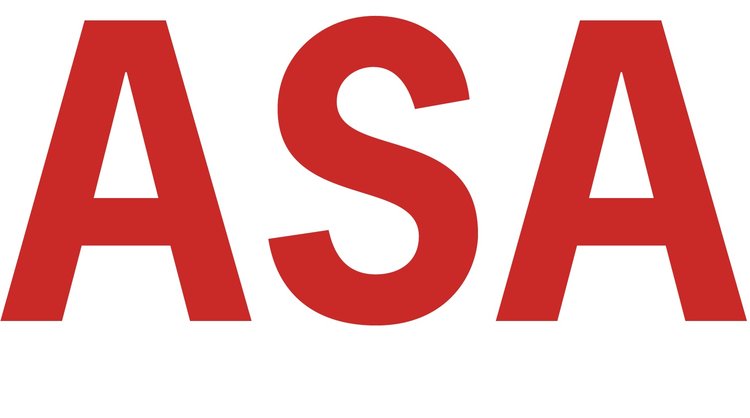We may never know what it was that caught the president’s attention and made him a believer. He now understands that COVID-19 is spreading rapidly in our country, out of control, and that, though too few persons have been tested so far, thousands have been tested and found to be infected. Thousands will die. This is a frighteningly different phenomenon than the annual flu season. And, finally, most all of the powers and resources of the federal government are being marshaled on behalf of its citizens against a threat that has been predicted by myself and others for at least ten years.
Our lives have been disrupted already, though there may be more to come. We must adjust to being based in our homes rather than our workplaces. Face to face interactions are discouraged: one cannot know if the person they meet is a carrier or is infected with the corona virus. Some of us have chronic conditions that make us especially vulnerable to the virus.
For those of us in the academy, the timing could not be worse. This is finals week, and our grades are due next Tuesday. It’s difficult to grade papers when fretting about how little time there is to learn how to convert curriculum from the classroom to videoconferencing with students. Students are anxious, not only about their grades for the winter quarter, but about learning remotely. Seniors are worried that classes will be held so they have the credits to graduate in June. They worry that there will be fewer job opportunities to pursue at a time when so many businesses and organizations have closed down to meet state or federal requirements around the size of gatherings.
We all understand the (by now) familiar advice: wash your hands; cover your cough or sneeze; don’t touch your face; and keep your hands off railings and other public surfaces.
To those proscriptions, I would add the following: get out of bed at your usual hour; shower and get dressed in real clothes to go into your workspace; give sufficient time, space and quiet to your spouse, partner, children if they are also sheltering in place; incorporate exercise into your routines; and try to identify simple pleasures that are a result of being at home rather than in your workplace. Take breaks. This is a great time to walk, garden, read, write, paint or spend more time with your children than usual, whether on site or using technology to connect.
For all my pandemic credentials, I am not able to project when we will see the last of this pandemic any more than I can predict when a vaccine will be available. Those questions are ones that need to be laid down and set aside in the interests of your mental health and well being, leaving them in the hands of scientists, not politicians or your friends.
If you’re interested in my first publications on pandemic readiness you can find them here on the website all the way at the bottom of the list of “Annie’s Publications.” The first article (2007) references the federal plans that had been created in 2004-2005. The second article is written a year later in 2008 and looks at how far the financial sector had organized itself in preparation for a pandemic. When H1N1 occurred in the spring of 2009, it was these plans that were dusted off and exercised. That summer, I performed a gap analysis on readiness for bio- events that could disrupt the Puget Sound Region, sponsored by the Office of Health Affairs in the U.S. Department of Homeland Security, and through the offices of PNWER. From the spring virus, we had learned that our critical health and medical/pharmaceutical sectors were riddled with rusty, creaky infrastructures. Though the study I helped with is available now, we have learned that neither the private sector or the federal government likes to spend money on research and planning when we’re not sure if or when a catastrophic event will occur.
I’ll try to write more regularly in the coming months. Know that issues are in flux right now, action plans will change, and that more of us will die before we contain the corona virus. Some of us have been watching news out of Wuhan, China since late January, trying to warn officials that the virus was coming. The belief that we could keep the virus from our shores if we closed our borders was a foolish and costly one in terms of human life and the economic uncertainties we now face.
Rather than complaining of the inconvenience, or pointing fingers at the administration, let’s accept that this is the new normal for the foreseeable future. If we cannot go outside and mingle, then perhaps we can learn more about our own selves and our families, practicing courage and steadfastness as we move forward. For those of us who teach, it may be possible to enjoy the process of not being an expert, of becoming a student again.
